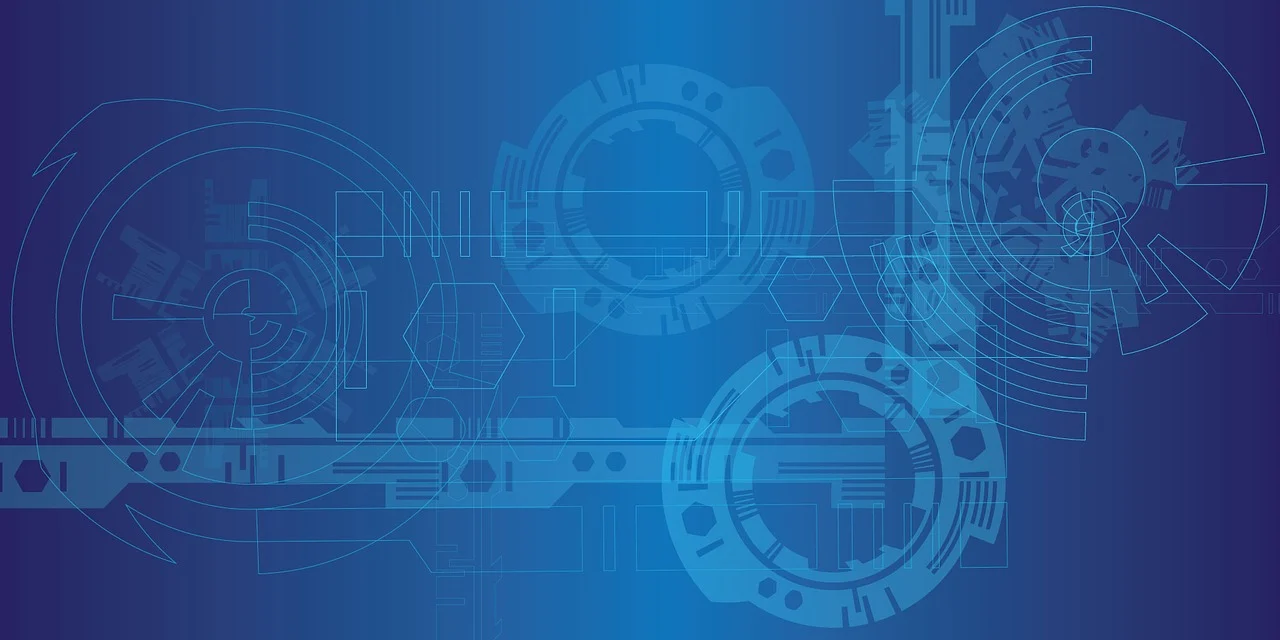Technology is more than just a tool; it’s always changing and affects how we live, work, and interact with the world. From the invention of the wheel to the advent of artificial intelligence, technological advancements have continuously transformed human existence. In today’s rapidly changing landscape, the pace of technological innovation shows no signs of slowing down, with profound implications for every aspect of our lives.
Connectivity and Communication:
One of the most visible ways technology has changed our lives is through connectivity and communication. The rise of the internet, social media, and smartphones has revolutionized the way we connect with others, breaking down barriers of distance and time. Whether it’s staying in touch with loved ones across the globe or networking with professionals in our field, technology has made communication instantaneous and ubiquitous.
Access to Information:
Technology has democratized access to information, empowering individuals with knowledge like never before. With a few taps on a keyboard or screen, we can access vast repositories of information on virtually any topic imaginable. From online courses to digital libraries, technology has made education more accessible and personalized, allowing people to learn at their own pace and pursue their passions with unprecedented ease.
Entertainment and Leisure:
Technology has revolutionized the way we entertain ourselves, offering a plethora of options for leisure and recreation. Streaming services like Netflix and Spotify have changed the way we consume media, allowing us to access movies, music, and television shows on demand. Virtual reality and augmented reality technologies are creating immersive gaming experiences, while mobile apps provide endless opportunities for connection and entertainment, including the ability to play the lottery on your phone and other games as well.
Work and Productivity:
The workplace has been transformed by technology, leading to greater efficiency, flexibility, and collaboration. Cloud computing, remote work tools, and project management platforms have enabled teams to collaborate seamlessly across distances, breaking down geographical barriers and fostering a global workforce. Automation and artificial intelligence have also streamlined repetitive tasks, allowing workers to focus on more creative and strategic endeavors.
Healthcare and Wellbeing:
Advances in technology have transformed healthcare, leading to improved diagnosis, treatment, and patient care. From wearable fitness trackers to telemedicine platforms, technology is empowering individuals to take control of their health and well-being. Medical breakthroughs in fields such as genomics, robotics, and biotechnology promise to revolutionize the way we prevent and treat diseases, offering hope for a healthier and longer life.
Environmental Sustainability:
Technology is playing a crucial role in addressing global challenges such as climate change and environmental degradation. Renewable energy technologies like solar and wind power are reducing our reliance on fossil fuels, while innovations in energy storage and grid management are making these sources more reliable and cost-effective. Smart sensors and data analytics are helping to optimize resource usage and minimize waste, leading to more sustainable practices in industries ranging from agriculture to manufacturing.
Ethical and Social Implications:
While technology has brought about countless benefits, it also raises important ethical and social questions that must be addressed. Concerns about privacy, data security, and algorithmic bias have sparked debates about the responsible use of technology and the need for regulatory oversight. The rise of automation and artificial intelligence has raised fears about job displacement and income inequality, highlighting the importance of creating inclusive and equitable societies in the digital age.
Personalization and Customization:
Technology has ushered in an era of personalization and customization, allowing products and services to be tailored to individual preferences and needs. From personalized recommendations on streaming platforms to customized fitness plans generated by wearable devices, technology is enabling a more personalized consumer experience. This level of customization not only enhances user satisfaction but also fosters deeper engagement and loyalty.
In conclusion, technology is evolving at an unprecedented pace, reshaping every aspect of our lives in profound and far-reaching ways. From how we communicate and work to how we entertain ourselves and care for our health, technology has become an integral part of the human experience. As we navigate this rapidly changing landscape, it is essential to harness the power of technology for the greater good while also addressing its ethical and social implications. By embracing innovation responsibly, we can create a future where technology enhances our lives and empowers us to build a more prosperous and sustainable world.
